EN: New driving skills

One might think AI is causing mass unemployment. But recent analysis from The Economist tells a different story: AI isn't actually displacing workers. White-collar employment has increased, unemployment remains low at 4.2%, and OECD employment rates hit record highs in 2024.
When horses gave way to cars, people didn't just lose jobs—they discovered entirely new opportunities. They learned new skills - car driving, repairing, and selling. Visionaries established car loans, service stations, ergonomic seating, gas stations, etc. Ecosystems emerged around the new automobile technology.
Evolution
Geroski, in his book "The Evolution of New Markets", explains that dominant design is a "consensus good" – when good vision is established, performance standards are defined, and this helps consumers to formulate what they want, to articulate their demand easily. When I apply this view to AI, when vision is blurred due to uncertainty about its intended use (let's use it everywhere evern if we don't need AI to achieve the goal, let's call AI what is not AI 😀), when standards are still being shaped, and when consumers have "inchoate"—not yet fully articulated — demand, I conclude that industry design isn't yet dominant.
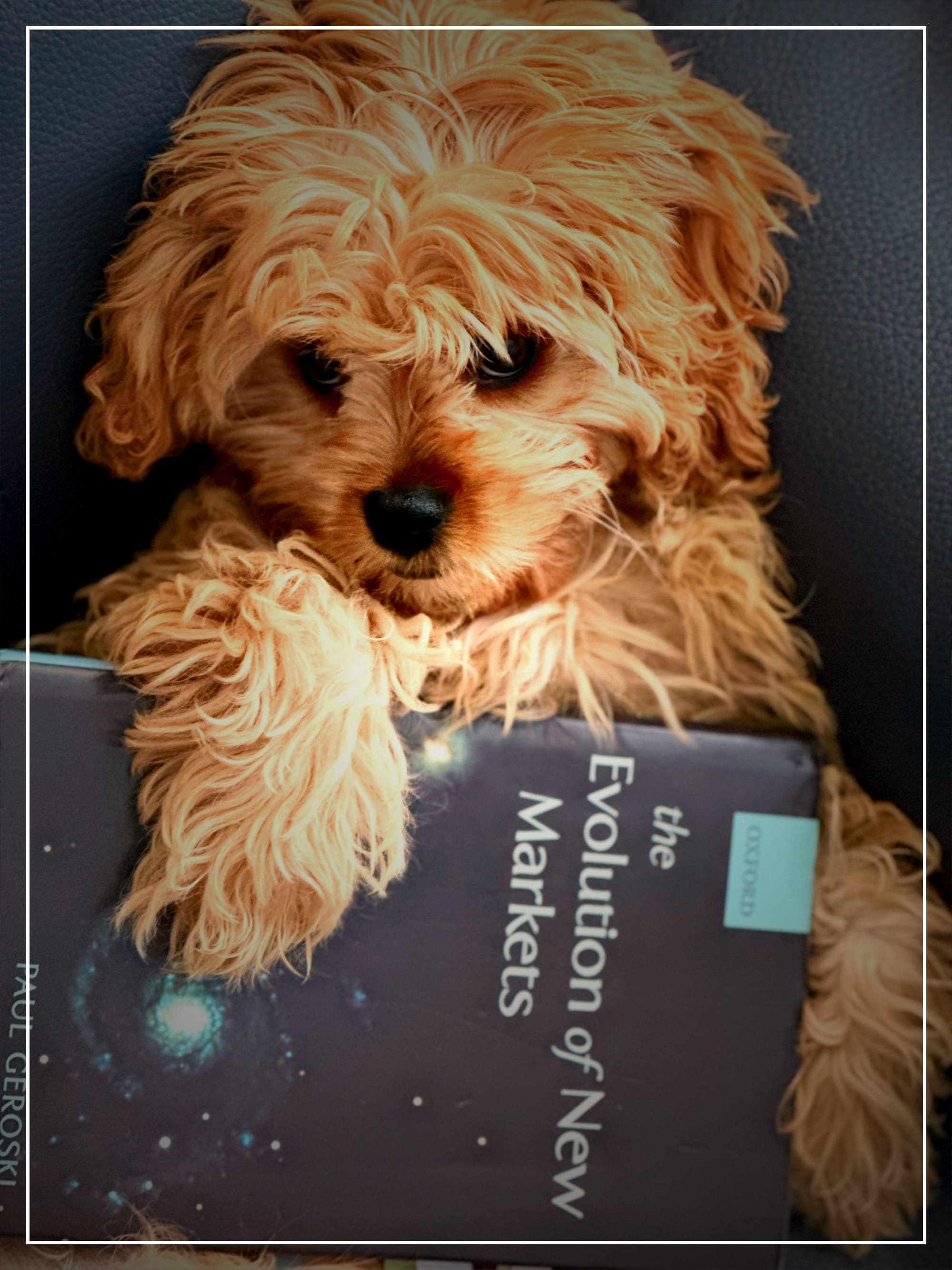
This means we are still witnessing the early stages of a technological transition, despite AI developing since the 1950s when Alan Turing first asked, "Can machines think?"
In this article, I explored the history of AI:

Returning to Geroski's view, this is precisely when opportunity is greatest for innovators and early adopters, for the early majority to jump onto the bandwagon, and for the late majority who aren't comfortable with new technology. And this opportunity is learning and improving AI literacy.
Learn new "driving" AI skills, not just to adapt, to shape what comes next. The question isn't whether AI will change everything. It's about who is building the skills to help define what that change looks like, and about making deliberate choices about where to invest your time.
Investment
AI learning should not necessarily be very technical. No matter the industry or profession, there are plenty of free, trustworthy online resources, and I captured some for you.
- Ethics in the Age of AI: a 9-week program from Uehiro Oxford Institute, commencing on June 25th. 45-minute Zoom classes during lunchtime on Wednesdays. The program covers key AI ethics topics, including human-AI relationships, privacy concerns, the future of work and automation, teaching ethics to machines, smartphone ethics, sustainable AI, and broader questions about how AI is reshaping moral and social life.
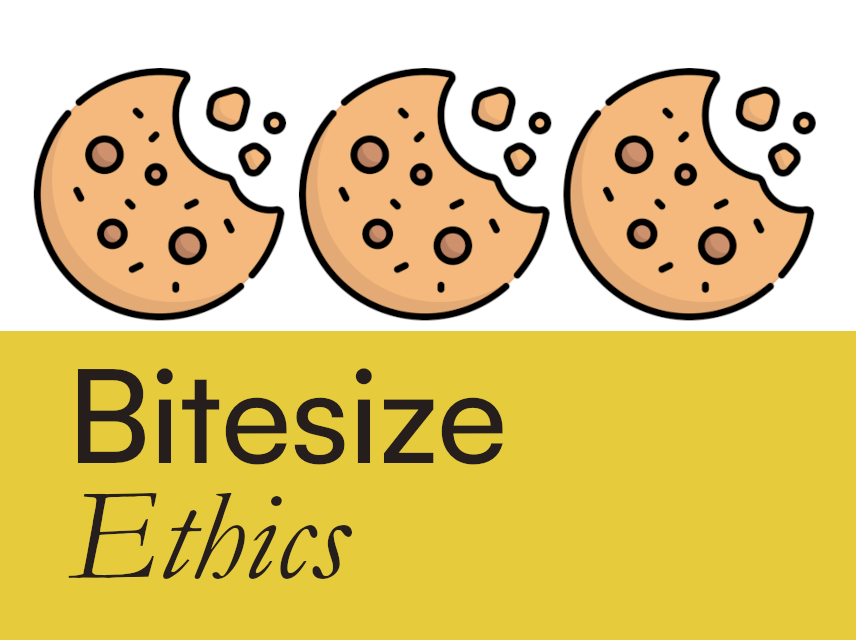
- Elements of AI: Free online course series created by the University of Helsinki and MinnaLearn. The Introduction to AI course requires no complicated math or programming and covers what AI is, what's possible with AI, and how it affects our lives. Over 1 million people from 170 countries have completed this course, which includes approximately 30 hours of self-study resources and interactive content:
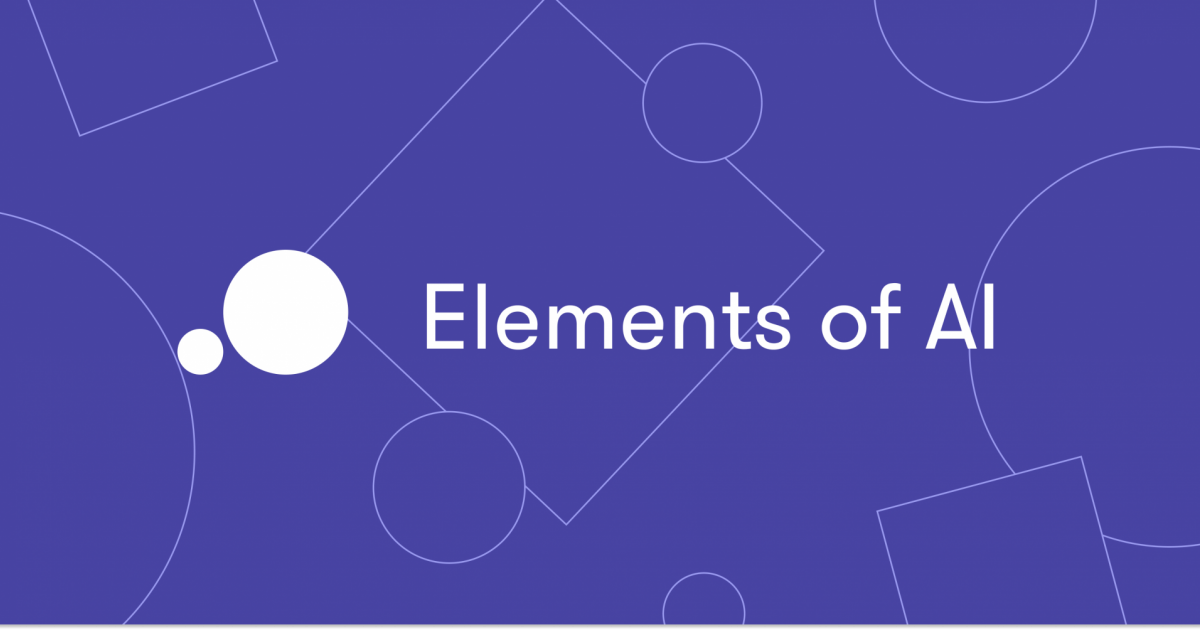
- Data Ethics, AI and Responsible Innovation: online course from the University of Edinburgh taught by leading experts in data science, AI, information law, and responsible innovation. Explores social implications of data-driven technologies, including medical robots, smart cities, predictive policing, and AI through real-world case studies. Available on Coursera and edX:
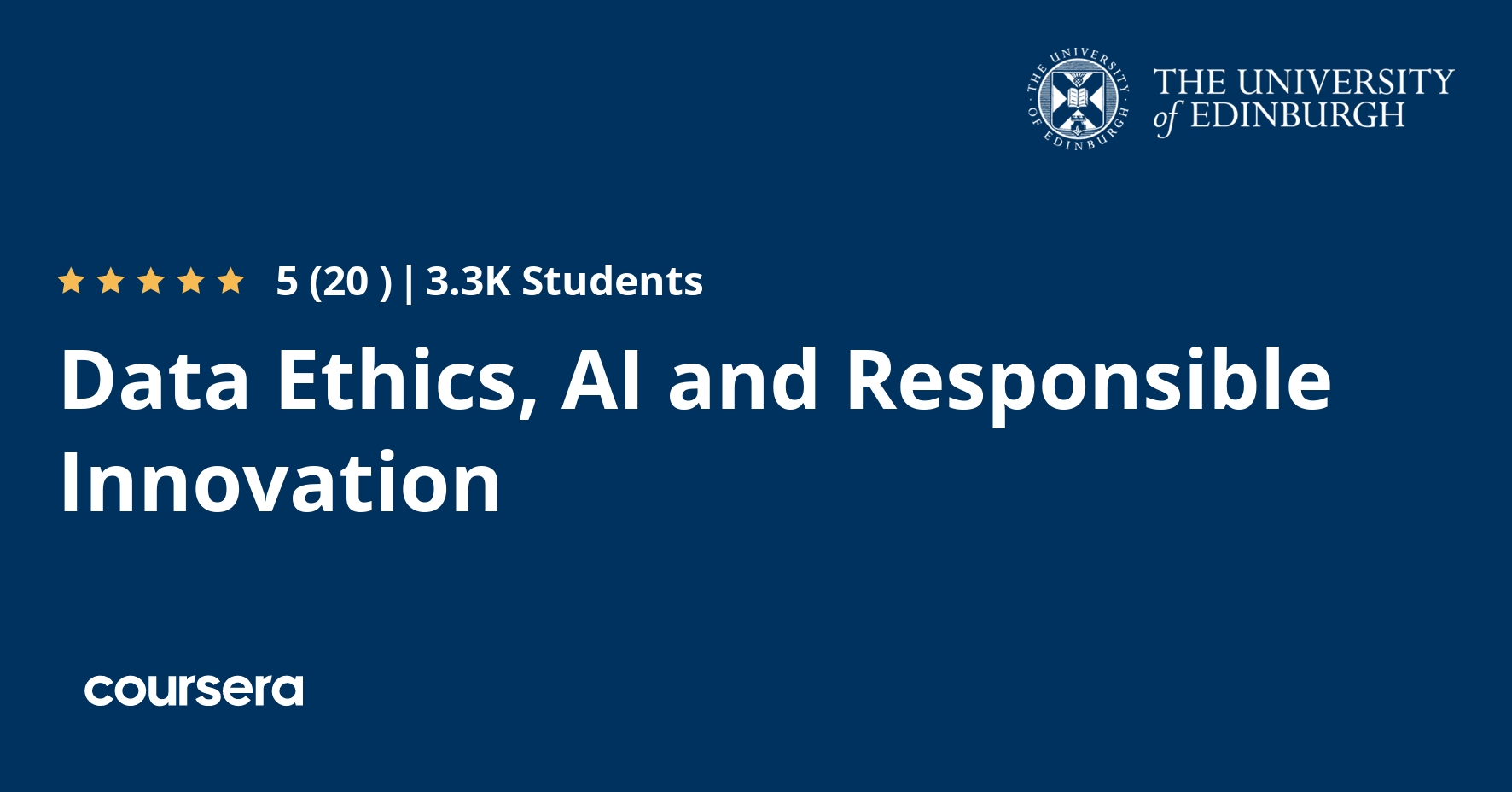
- Prompt Engineering for Everyone: course from IBM's Cognitive Class covering how to create engaging prompts for better AI responses. Covers understanding contextual cues, mitigating biases, and techniques for seamless AI interaction. Includes an introduction to IBM Watson's Prompt Lab tool.
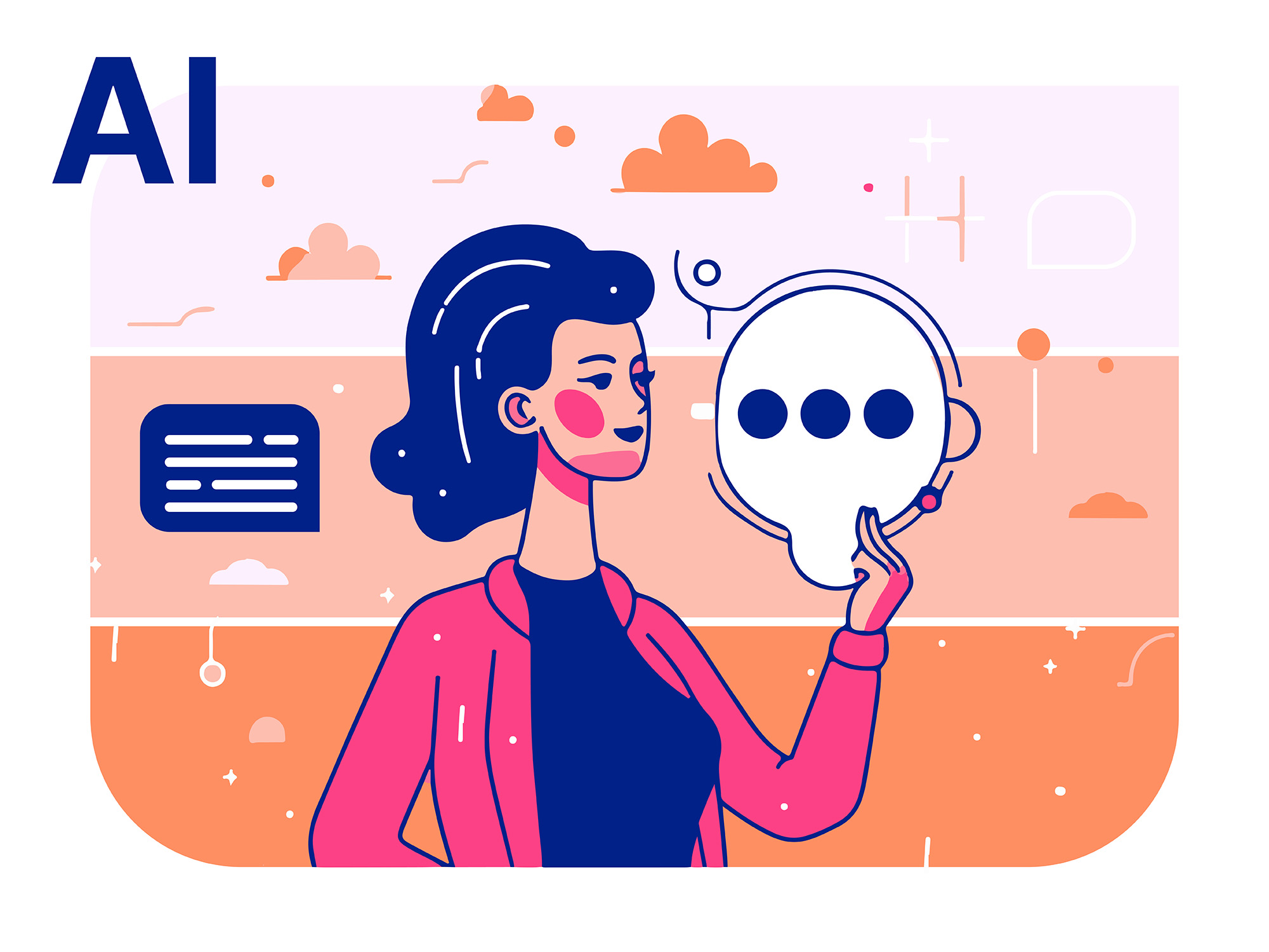
- Engaging Stakeholders in AI: Free course from The Alan Turing Institute covering the essentials of stakeholder engagement when procuring or developing AI products. Teaches how to actively identify and involve key stakeholders throughout the AI project lifecycle. Designed for business professionals and accessible to non-technical audiences interested in responsible AI implementation: https://www.turing.ac.uk/courses/engaging-stakeholders-ai
- In this video, the series of Turing Lectures, which is organised in collaboration with The Royal Institution of Great Britain, Michael Wooldridge, professor of Computer Science at Oxford University, describes the future of generative AI
- Dr Carlo Cordasco (Manchester Alliance Business School) presents his research on the ethics of explainability in human and AI decision-making. He argues against a universal "right to explanation," suggesting that AI explainability (how AI made a certain decision) often compromises accuracy.
- The Ada Lovelace Institute's Library is a free collection of reports and research about how AI and data technologies affect society, focusing on making these tools work better for everyone. You'll find easy-to-read studies on everything from how people feel about AI to how governments and schools are using these technologies, perfect for anyone wanting to understand AI's real-world impact.

- Anthropic's CEO, Dario Amodei, describes how Powerful AI could transform the world. Powerful is Intelligent, like a Nobel Prize winner in biology, programming, math, engineering, and writing, with multiple interfaces - text, audio, video, mouse/keyboard, and internet access for any virtual human task. It could work autonomously - take on multi-day, week-long tasks independently, like a smart employee, controlling robots, lab equipment, and tools through a computer interface. It could scale, having millions of instances running 10x-100x human speed, work independently or collaborate, with specialised fine-tuning. Through this framework, he explains how AI will transform biology and health, neuroscience and mind, economic development, peace, governance, work and meaning.

- This video features Geoffrey Hinton, the "Godfather of AI" and 2024 Nobel Prize winner, sharing his urgent warnings about the risks AI poses to humanity alongside its potential benefits for healthcare and education, still...
..."will human beings be the second most intelligent beings on the planet"?

Listen and Subscribe on Spotify:
In today's information-rich world, avoiding AI tools out of fear of 'artificiality' means deliberately limiting yourself. I actively integrate AI tools into my daily work, and it helps to boost my efficiency and productivity:
- Claude (AI from Anthropic)— help me with article structuring, analogies, translation, and research;
- ElevenLabs — for creating audio versions in English using an artificial voice based on my (Vira Larina's) voice.











